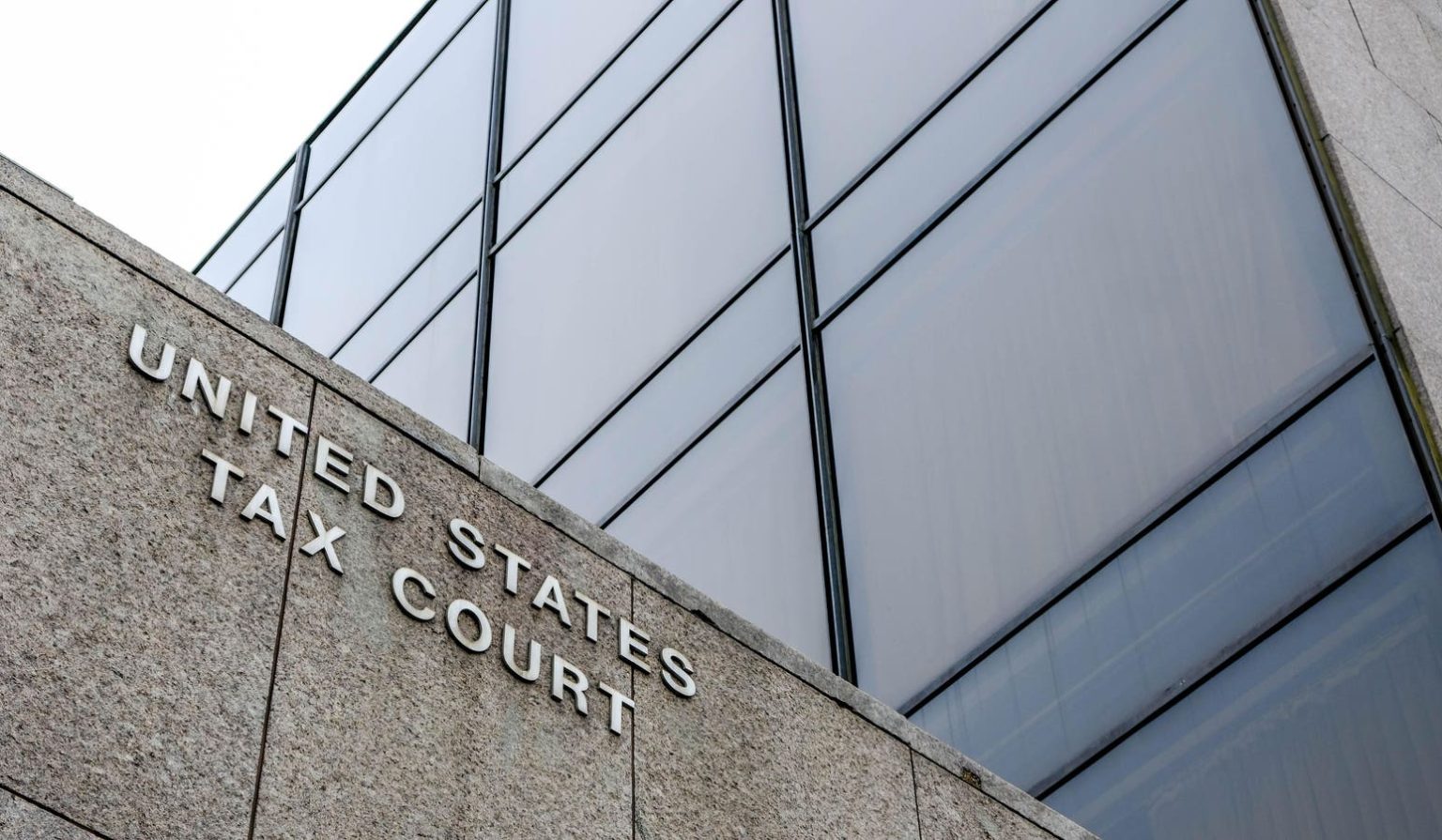In a recent tax case, SN Worthington Holdings LLC v. Comm’r, a partnership sought to have its audit conducted under the new Bipartisan Budget Act of 2015 (BBA) partnership audit rules. However, the IRS refused to recognize the election and instead examined the partnership under the old Tax Equity and Fiscal Responsibility Act of 1982 (TEFRA) partnership audit rules. The partnership filed a motion to dismiss the case on procedural grounds, which the Tax Court ultimately granted, highlighting the importance of procedure in tax cases.
The TEFRA partnership audit rules, enacted in 1982, allowed the IRS to conduct partnership audits and make adjustments at the partnership level, streamlining the audit process. However, the rules were not without their inefficiencies, leading to the passage of the BBA partnership audit rules in 2015. Under the BBA rules, the IRS can conduct a partnership examination at the partnership level and assess and collect any imputed underpayment directly from the partnership, introducing new audit procedures.
Partnerships were given a grace period until the 2018 tax year to transition to the BBA partnership audit rules, allowing them to elect early into the new rules if a timely and valid election was made. In the case of SN Worthington, the partnership made a timely election to have the BBA rules apply but was later notified by the IRS that their election was invalid. The IRS proceeded with the examination under the old TEFRA rules, prompting SN Worthington to raise the issue later in the examination process.
The Tax Court ultimately held that SN Worthington’s BBA election was valid, as the partnership had complied with the plain text governing the election requirements. The court rejected the IRS’ argument that the partnership was required to demonstrate its ability to pay an imputed underpayment, emphasizing that the representation of sufficient assets was all that was required under the regulations. The court also noted that any ambiguity in the regulatory requirements should be interpreted against the IRS as the drafter of the rules.
The Tax Court’s decision in favor of SN Worthington highlights the significance of procedural grounds in tax cases, especially when dealing with new and open-to-interpretation rules like the BBA partnership audit rules. Taxpayers can use procedural defenses to challenge IRS adjustments and should be prepared for potential procedural disputes in the future. The case serves as a reminder of the importance of understanding and complying with the procedural aspects of tax law to protect against adverse outcomes in tax disputes.


